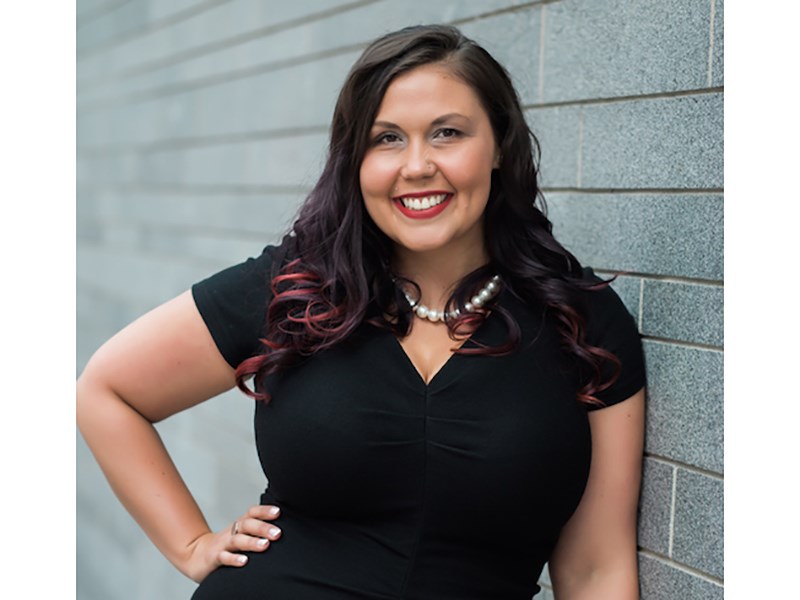Barb Ward-Burkitt has been appointed as the new chairwoman of the Minister’s Advisory Council on Indigenous Women (MACIW), according to a Ministry of Indigenous Relations and Reconciliation media release on June 4. She replaces Tla’amin Nation member Chastity Davis, who served as MACIW chairwoman since 2014.
“It has been an incredible honour to serve as a volunteer member of MACIW since its inception in 2011 and as chairwoman from 2014 to 2020. The optimal safety, health and wellness of Indigenous women in British Columbia is highly important and should be at the top of the list of any provincial, federal or Indigenous government to invest in,” stated Davis. “Indigenous women are the heart of our nations and when our women are healthy, so are our communities. The ripple effect of investing in the optimal safety, health and wellness of Indigenous women and girls will be felt not only in Indigenous communities where it is needed most, but across our broader society.
“More meaningful investment needs to be made in Indigenous women in BC and I wholeheartedly trust that Barb Ward-Burkitt, MACIW and the many Indigenous women advocates will continue to ensure that this is a top priority for the provincial government.”
Ward-Burkitt is a member of the Fort McKay First Nation and originally joined the council in 2014. She has served as vice-chairwoman of MACIW since 2018 and is also the executive director of the Prince George Native Friendship Centre.
Current MACIW members are Correen Child, vice-chair (Kwakiutl First Nation); Lorna Williams, Elder representative (Lil'wat First Nation); Sarah Robinson (Fort Nelson First Nations and Saulteau First Nation); Raven Lacerte, youth representative (Carrier First Nation); Patricia Barkaskas (Métis); Monique Gray Smith (Cree, Lakota); and Lauren Brown (Haida Nation).
“I offer deep thanks to Chastity Davis for her dedication and invaluable contributions to the important work of the advisory council. She is leaving that legacy in the capable hands of Barb Ward-Burkitt, and I look forward to working with Barb and the whole council to build on those accomplishments,” stated minister of Indigenous Relations and Reconciliation Scott Fraser. “The guidance and direction that MACIW provides me, other ministers and all of government helps us to better meet the many opportunities and challenges facing Indigenous women in British Columbia.”
Ward-Burkitt, also called Wahiyow Cawapata Scoo, has been actively involved in the friendship centre movement since 1972. She was invested into the Order of British Columbia in 2010.
“Violence against Indigenous women and girls is a pandemic across our country, and it is continuing to grow,” stated Ward-Burkitt. “It is critically important for MACIW to continue to work in partnership with the province to ensure that the voices and stories of Indigenous women and girls are being heard and action is taken as we work together collaboratively to improve the health, safety and wellness of Indigenous women and girls.”
MACIW provides advice to government on how to improve the quality of life for Indigenous women in BC and continues to play a significant role in guiding provincial initiatives to improve outcomes for all Indigenous women and girls, with a focus on ending violence, according to the media release.
The Minister’s Advisory Council on Indigenous Women was established in 2011 following the Collaboration to End Violence: National Aboriginal Women’s Forum, which was co-hosted by the province and the Native Women’s Association of Canada.
Ward-Burkitt has been a faculty staff mentor in field programs for northern BC at Simon Fraser University and a child-care worker with Indigenous students and with special needs students for the Quesnel School District. She has been the president of Prince George Nechako Aboriginal Employment and Training Association for many years and sits on several other local, regional and provincial working groups and committees.
MACIW is guided by a terms of reference and standards of ethical conduct, and reports to government through the minister of Indigenous relations and reconciliation.



